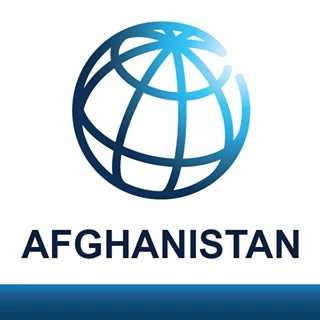
In Afghanistan, decades of violence, common discriminatory practices, and cultural barriers, including restrictions on mobility, have denied women job opportunities and left them severely underrepresented in all sectors of society.
Despite considerable achievements in the last decade, such as the national Constitution guaranteeing equal rights as well as increased enrollment in public schools and universities, achieving gender equality will require widespread social changes.
Yet, change is happening and Da Afghanistan Breshna Sherkat (DABS), Afghanistan’s national power utility, is showing the way.
With a workforce of about 7,000, the company employs only 218 women, most of whom at a junior support level. However, under the leadership of its new CEO, DABS management has committed to promoting gender equality.
The Planning and Capacity Support Project of the Afghanistan Reconstruction Trust Fund (ARTF), managed by the World Bank, is helping DABS deliver on that commitment. The project organized awareness sessions for DABS staff on gender-related issues and provided specialized training to female employees. DABS has committed to providing internships to female university graduates to ensure women can find job opportunities and fully participate in the energy sector.
Realizing that the majority of its female staff lacked the confidence to compete with men, DABS is facilitating access to new job opportunities for women employees and has taken steps to ensure that women are involved in all business operations within the organization.
On a recent visit to DABS, I met Nadia Obeidy, an intelligent and focused university graduate, who has been working for seven years in different positions in the Human Resources (HR) Directorate. She was recently promoted to lead the HR Directorate, becoming the first female employee to reach director level in the power utility.
“I am enjoying my new job,” Nadia told me when talking about her promotion. “In my new capacity, I have taken initiatives to bring about more transparency in the recruitment process.” Nadia is happy with the support from the DABS management, but she is also aware of the challenges, including insecurity when she needs to travel to the provinces, as well as keeping the balance between her official and family life.
Nargis Zarif is another inspiring example of DABS empowering women and gender equality. After completing a degree in business administration, she worked as an officer in the Administration Department for six years and was recently selected to work at the prestigious Foreign Affairs Department in DABS.
“I believe providing women with training and education opportunities would enable them to show their talent and skills,” Nargis says. She would like the DABS management to give more women employees the same challenges and opportunities as men.
While there has been progress in creating opportunities for women employees at DABS, much more needs to be done to achieve gender equality in the energy sector. Thanks to a new $60 million grant from the World Bank Group’s International Development Association, the Herat Electrification Project will support DABS’ efforts to help achieve further progress, especially in the western Herat Province.
Empowering women to play their role in the social and economic fabric of Afghanistan is achievable. This will require sustained efforts by all stakeholders to ensure that all women and men are granted equal opportunities to access education, training, and employment to make decisions affecting their own lives and the development of their country.


Join the Conversation